Discover a unique blend of traditional island life and marine science in Faafu Atoll, home to a renowned marine research center
Located in the heart of Faafu Atoll, Magoodhoo Island offers visitors a unique combination of traditional Maldivian life and marine science. This special island is home to both a local fishing community and the Maldives Marine Research Institute's field station.
What makes Magoodhoo special is its dual identity as both a traditional island and a center for marine research. The island maintains its cultural heritage while hosting scientists and students studying the rich marine environment of Faafu Atoll.
Visitors to Magoodhoo are drawn by its pristine beaches, excellent snorkeling opportunities, and the chance to learn about marine conservation. The island's unique atmosphere, combining science and tradition, makes it an ideal destination for travelers interested in both culture and marine life.
Magoodhoo Island is situated in the central part of Faafu Atoll, approximately 145 kilometers southwest of Male. The island enjoys a picturesque position within the atoll, surrounded by vibrant coral reefs that attract marine researchers and snorkelers alike.
Its location provides excellent access to the atoll's marine environments while maintaining a peaceful atmosphere. Magoodhoo offers a unique experience combining traditional island life with scientific exploration.
Magoodhoo Island is renowned for hosting the Maldives Marine Research Institute's field station, bringing together traditional island life and marine science.

Magoodhoo residents maintain strong community bonds while welcoming researchers and students to their island, creating a unique blend of traditional and scientific communities.

The island's research station studies coral reefs, marine biodiversity, and conservation methods, contributing to the protection of Faafu Atoll's marine environment.

Traditional crafts, fishing practices, and cultural events continue alongside the scientific work, preserving Magoodhoo's heritage.

Visitors may experience both traditional Maldivian culture and learn about marine conservation efforts from researchers.
Magoodhoo offers a select range of accommodation options that focus on authentic experiences and local hospitality. The island's guesthouses provide comfortable stays while offering opportunities to learn about marine research.

Several family-operated guesthouses offer clean, comfortable accommodations with personal service. These properties feature air-conditioned rooms with private bathrooms, home-cooked Maldivian meals, and opportunities to learn about local life and marine research.
Price Range: $40-70 per night
Features: Authentic hospitality, cultural insights, marine education

A special guesthouse caters to visitors interested in marine science, with simple but comfortable rooms and opportunities to interact with researchers (when available). Includes basic amenities and meals.
Price Range: $45-75 per night including meals
Features: Marine science focus, researcher interactions, educational

A small number of simple beachfront cottages offer a more private experience while maintaining a connection to local culture. These modest accommodations provide direct beach access and a peaceful environment.
Price Range: $60-90 per night
Features: Beach access, privacy, basic amenities
Magoodhoo is blessed with pristine beaches and a rich marine environment that attracts both tourists and researchers. The island's location in Faafu Atoll ensures the surrounding reefs remain in excellent condition for study and enjoyment.
Magoodhoo features stunning white sand beaches that encircle much of the island. The western beach is particularly impressive, with powdery sand and clear turquoise waters that create beautiful vistas. The eastern beach offers a more sheltered environment, with calm waters ideal for swimming.
The island has a designated "bikini beach" where tourists can wear Western-style swimwear. This beautiful stretch of sand provides a relaxing environment while respecting local cultural norms. The remaining beaches require modest dress as they are used by the local community.
Magoodhoo's house reef is accessible directly from shore, featuring healthy coral formations and diverse marine life that researchers frequently study. The reef's accessibility makes it possible to enjoy snorkeling sessions throughout the day.

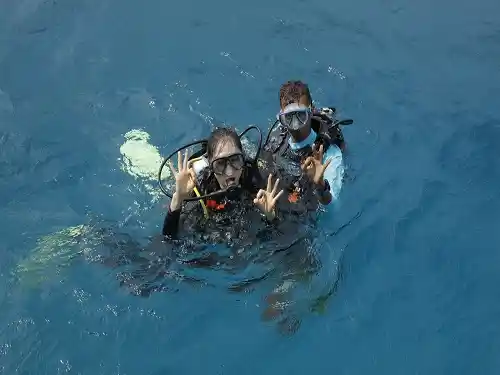
The waters around Magoodhoo Island offer excellent marine biodiversity that attracts researchers:
The island's research focus has helped maintain its marine environment in excellent condition.
Magoodhoo offers a range of activities that blend marine education with cultural immersion. The island's unique character provides visitors with opportunities to connect with both science and traditional Maldivian lifestyle.


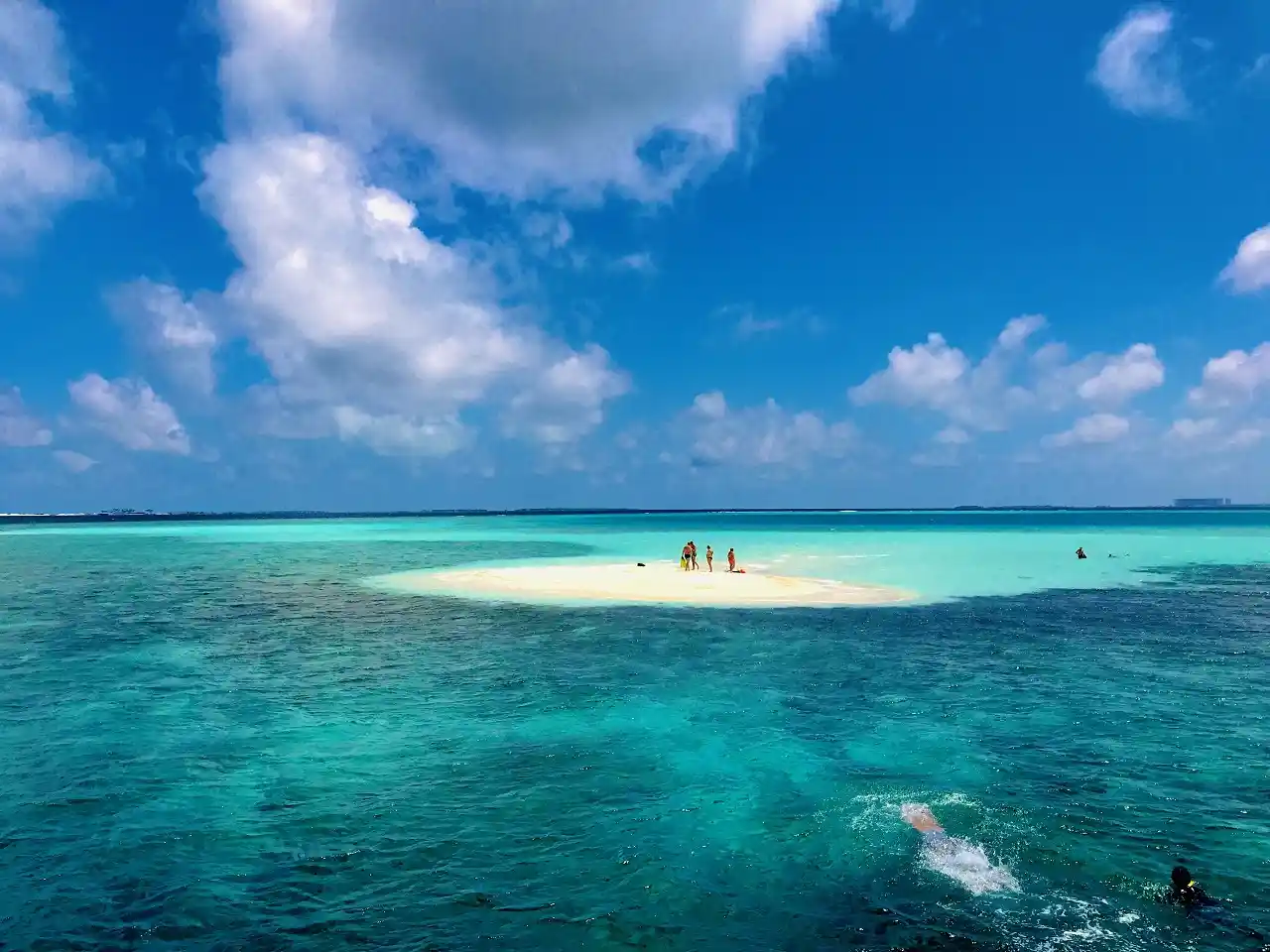

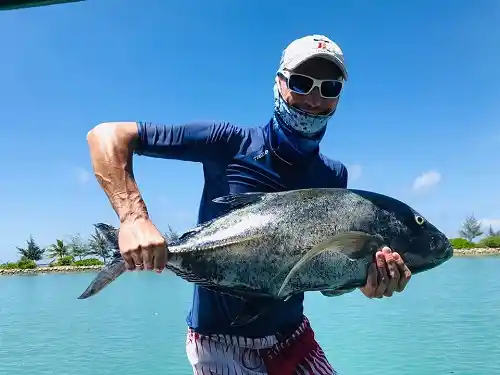

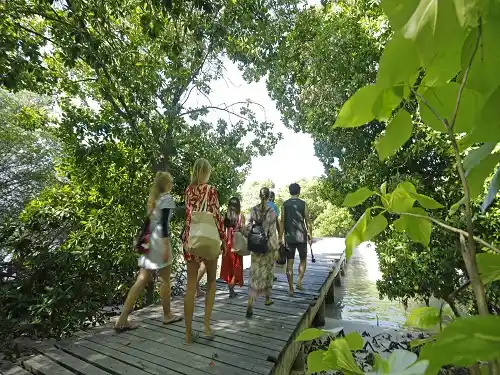
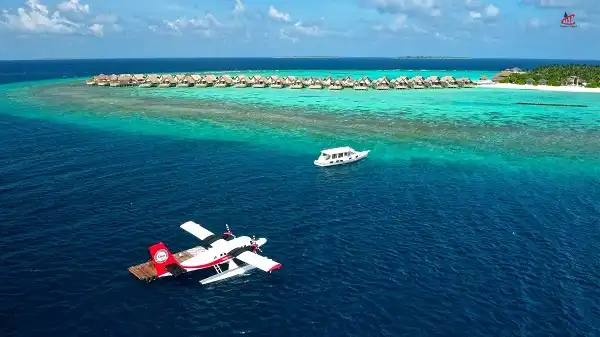
Discover the fascinating blend of traditional culture and marine research on Magoodhoo Island in Faafu Atoll.
Plan Your TripThe most convenient way to reach Magoodhoo is by domestic flight from Male to Nilandhoo Airport (35 minutes), followed by a 30-minute speedboat transfer. Public ferry service operates weekly from Male (approximately 12 hours journey time). Private speedboat transfers can be arranged through guesthouses (approximately 5 hours from Male).
The best time to visit Magoodhoo Island is during the northeast monsoon season (December to April), which brings dry, sunny weather with lower humidity and calmer seas. Water temperature remains warm (27-30°C/80-86°F) throughout the year.
Magoodhoo stands out for its marine research station and unique blend of traditional island life with scientific study. Unlike other islands, Magoodhoo offers opportunities to learn about marine conservation while experiencing authentic Maldivian culture.
While formal research participation is typically limited to scientists and students, visitors may be able to join educational programs or tours of research facilities when available. Check with your guesthouse or the research station for current opportunities.
Magoodhoo's waters offer excellent marine biodiversity, including healthy coral formations with both hard and soft corals. Common sightings include reef sharks, various ray species, abundant reef fish, and sea turtles. The house reef provides easy access to this underwater world directly from shore.